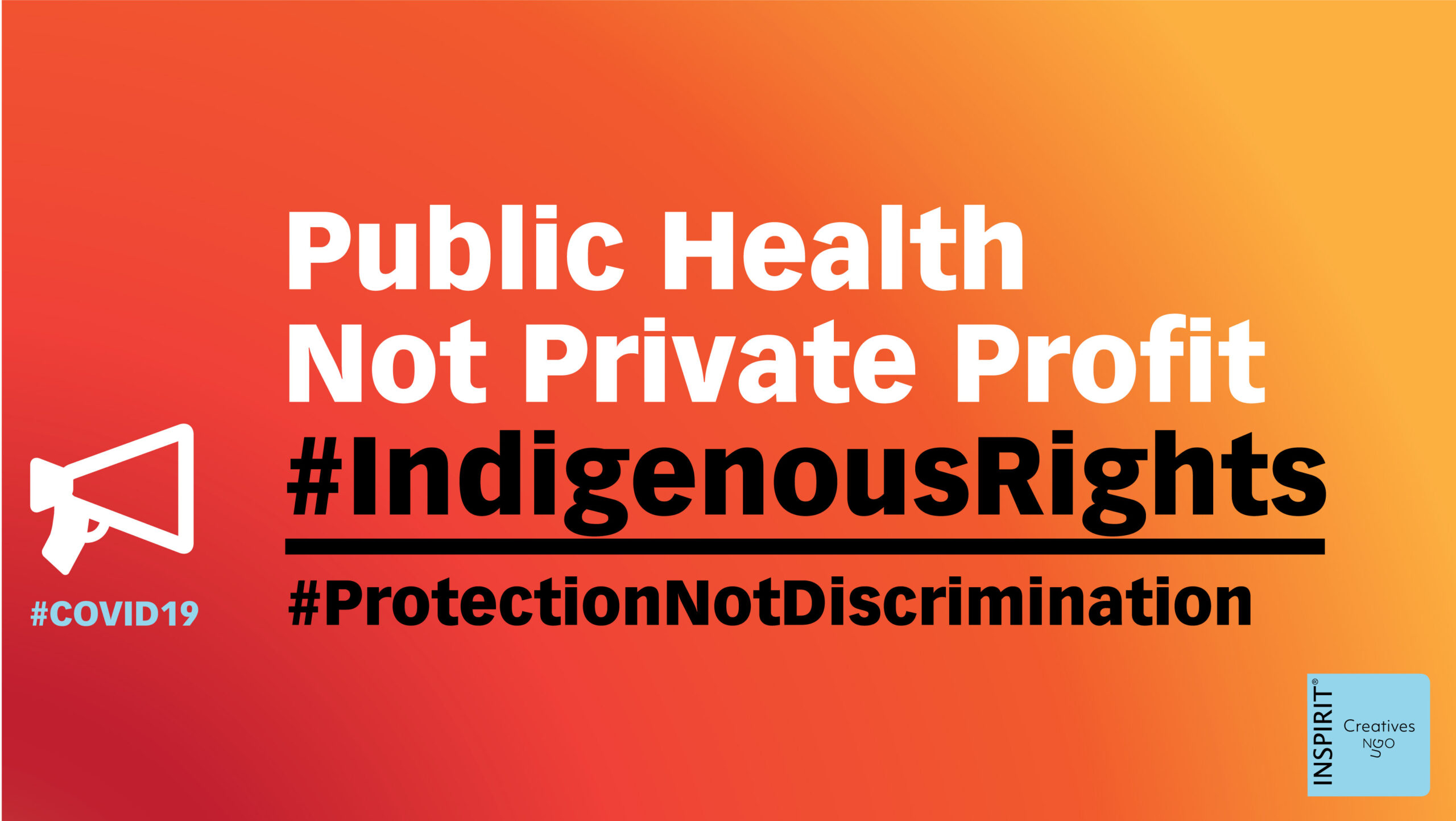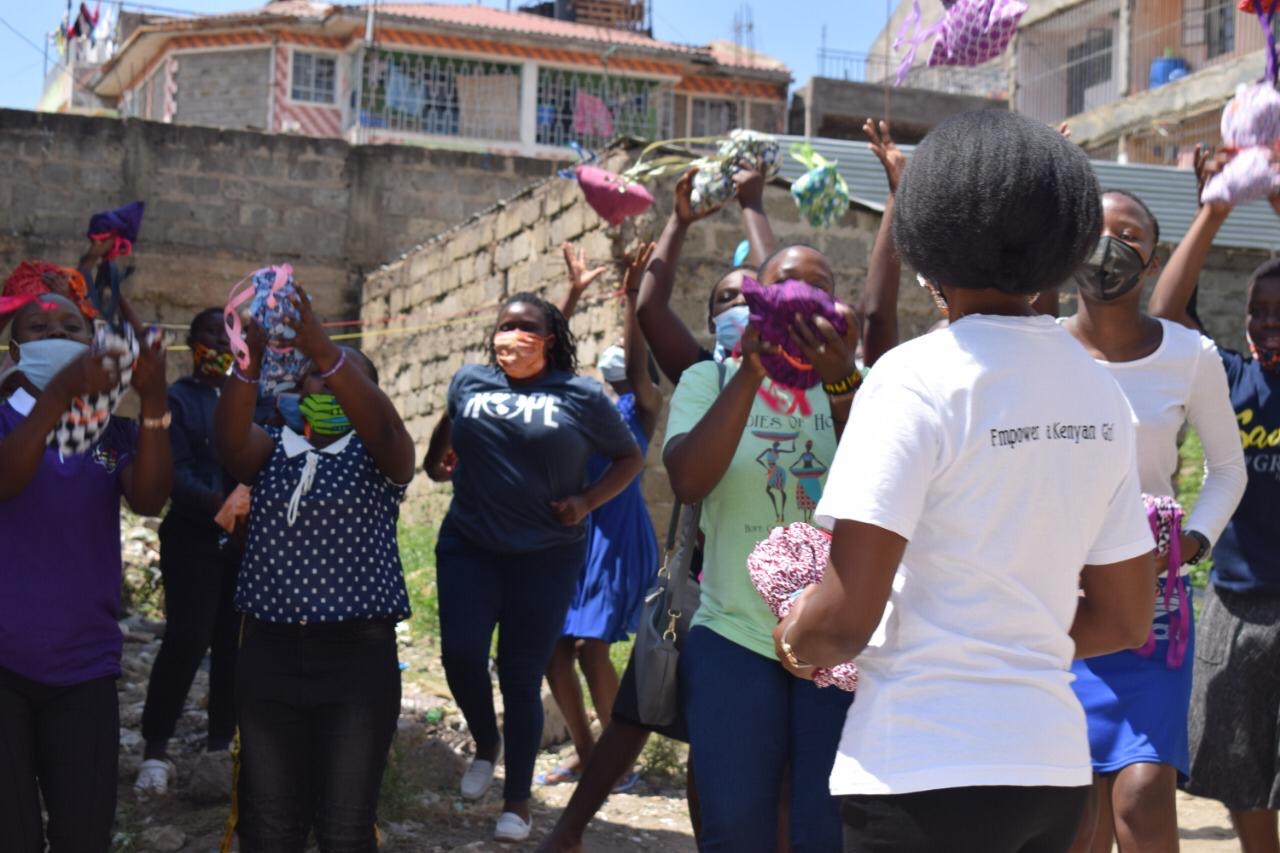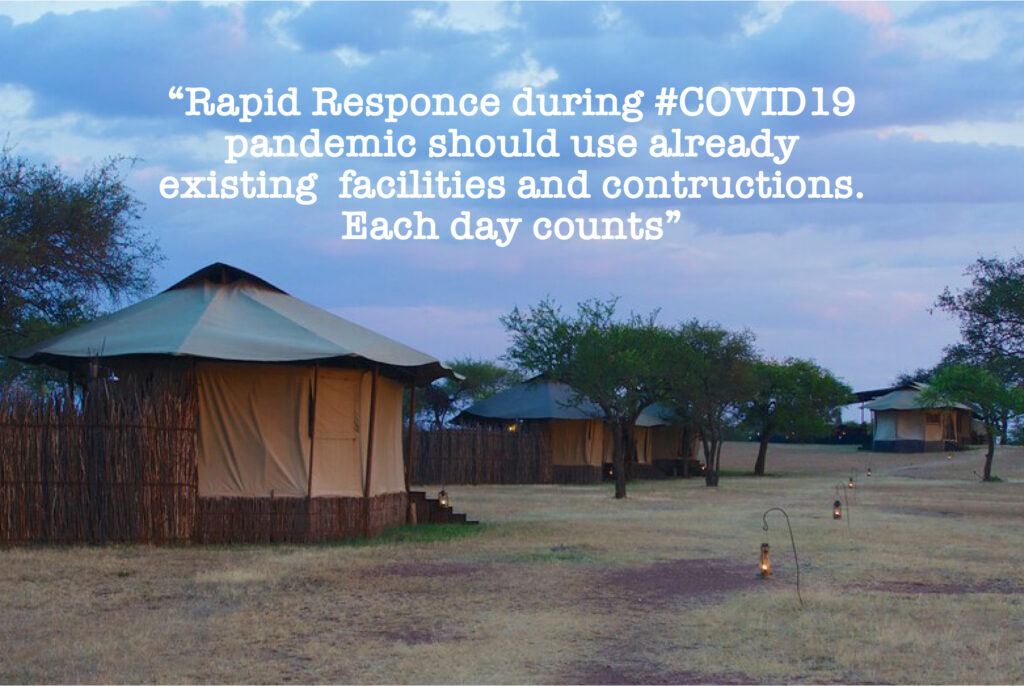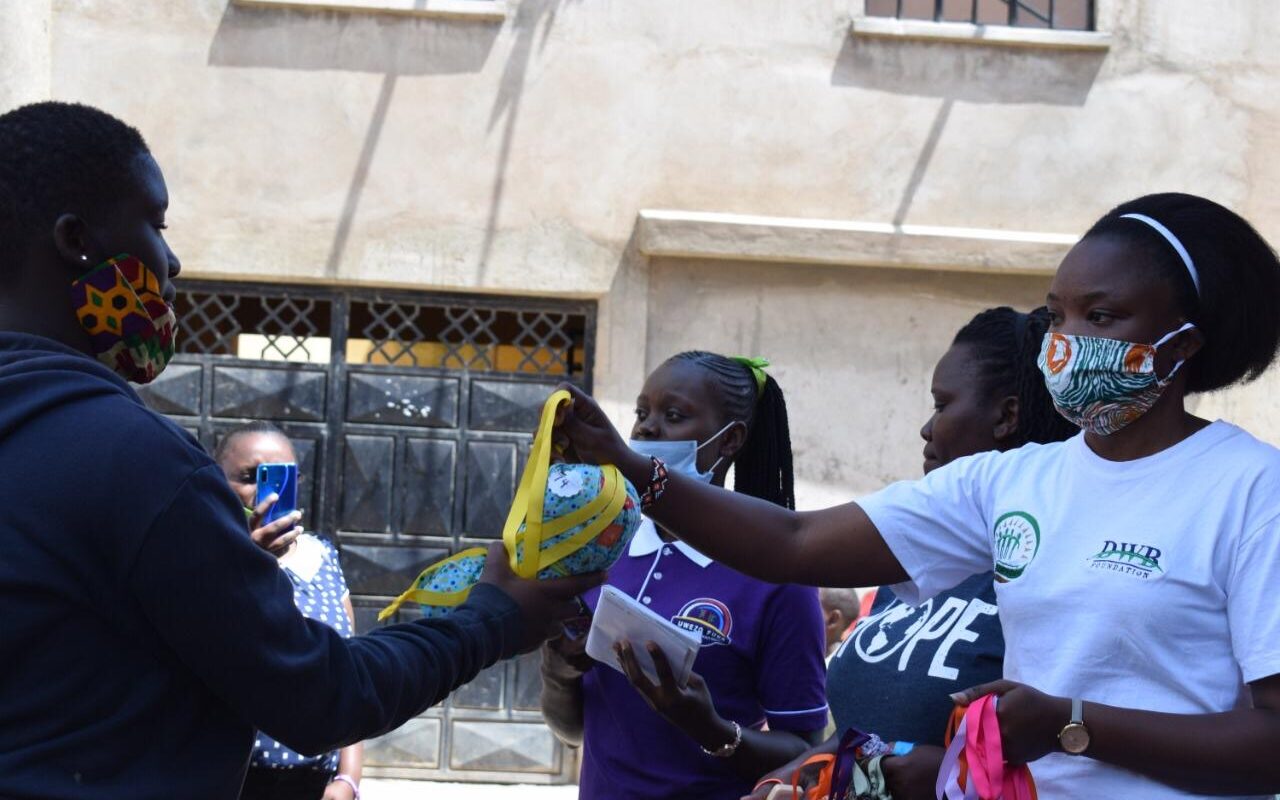
INSPIRIT® Creatives UG NGO stands in Solidarity with Indigenous People
April 15, 2020
#COVID19 – Featured story: Rapid response plan for Nairobi slums
June 15, 2020By Tuuli Sauren and David Shamala
In cooperation of INSPIRIT Creatives UG NGO and Do It With Boldness Foundation

Transforming a Safari village to #COVID19 isolation and recovery village.
Picture: Creative Commons: “African safari, Aug 2014 – 080” by Ed Yourdon is licensed under CC BY-NC-SA 2.0
During the COVID19 pandemic outbreak in Nairobi slums, self isolation is impossible. Families of 5-8 are living in huts, some are having only 10m2 shared by everyone. Food is earned and bought each day. People in slums are getting sick, and if not sick they will starve during the self isolation. People who are living in slums are extremely vulnerable because of preexisting, not treated medical conditions, such as HIV and others. Lack of access to good quality food and malnutrition have made people’s immune system weaker than people outside the slums. In Nairobi, the biggest slum, Kibera is having a population of 700 000-1 million people. Others are smaller but the total amount of people living in slums is huge. In slums like Kibera, COVID19 can spread like a bonfire. 1 million people can get infected with devastating amounts of deaths.
Rapid Response plan
When self isolation is not an option at home, for already infected people, it is better to move them in isolation facilities, using existing constructions and materials in place. Such as, now empty hotels, Safari tents and provide food delivery and medical care to these facilities.
Food deliveries can be organized by local youth groups and unemployed people from the slums. By using the ‘circular economy’ model, Nairobi city officials, the government of Kenya, WHO/AFRO and foreign aid organizations can make a positive impact on many people’s lives using this model. Not only those who are infected.
Action
Self isolating infected people and their family and close contacts and their families for 14 days and arranging fully equipped accommodation during the incubation period.
With the help of WHO AFRO, City official and Government of Kenya working together,
by following these simple steps:
- Testing for COVID19.
- Each positive case is transported, together with the family and close contact and their families in Bus to the isolation facility.
- Using empty hotels and Safari tents, forming COVID19 isolation villages.
- Self-isolation for 14 days. Including nutritious food, drinks, medical care, that are paid using the received foreign aid.
- Practicing social distancing with other people coming to make food deliveries.
- In case of medical emergencies, preinstalled medical tents with ventilators should be available within reasonable radius.
- Each self isolation and recovery is ending to COVID19 test, which should be negative.
Financing the above operation can come from foreign aid received or loans granted to the government to help to tackle the outbreak. Everyone taking part in this operation should receive payment. People in the slums are depending on getting out each day, to earn the money to buy food each day. By employing and engaging the community the aid money received will help to prevent starvation within the slums.
Prevention
People don’t have access to clean water. Social distancing is impossible. There is an urgent need to issue well organized distribution and donation centers that receive and distribute: food, hand sanitizers, soap, clean drinking water, sanitary towels. To translate the WHO Guidelines for using masks safely in Swahili and other local languages is paramount, including visual info-graphic posters for illiterate population.
- Set up a mobile center to educate the public of WHO guidelines to inform the rural communities and villages. As well as people in the slums.
- Distributing mask and hand sanitizers will not be efficient enough to prevent
- outbreak in the slums.
- Timely action is the best prevention. Using testing and transporting infected people to isolation facilities.
- To prevent fatalities, it is imperative to address pre-existing health conditions and malnutrition of the infected people.
Follow Up
People who have had the COVID19 disease can be deployed to work in the isolation facilities, (paid work). Minimizing the risks of infecting other people who have not yet been infected.
We don’t have time – Act now
COVID19 is able to infect tens and hundreds of people daily in the slums. There is not time left to take action. Above Rapid Action Plan can be implemented with minimal budget and effort. But can save millions of peoples lives.
Thank you.
COVID-19 RAPID RESPONSE PROPOSAL:
OVERALL BUDGET ESTIMATES

Donate today:
Paypal: info@dwibo.org

